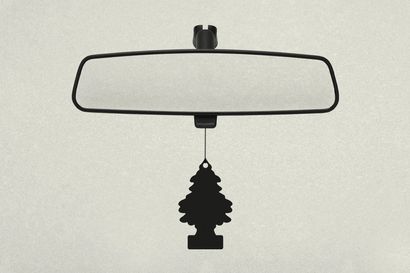22 ways to make a positive start to 2022
Whether it’s recalibrating your resolutions or trying a new way to relax, here’s how to start the year in the most positive way possible…
2021 is done and dusted. And that means it’s time to embrace 2022. But, from low blows to sparks of hope, the pandemic continues to throw the unexpected in our direction. And, in this sea of unknowns, only one thing is certain: a good, strong, healthy start to the year is the best way to set yourself up for the opportunities, adventures and challenges in the months to come.
But we’re also aware that, at this time of the year, your newsfeeds and inboxes will be flooded with health and wellbeing advice. That’s why, for the sake of both clarity and brevity, we’ve condensed our rules and recommendations into one long list. Here are 22 highly-achievable ways to improve your health, wellbeing, and performance in 2022; backed by experts and research, and ready to spur you on to 12 glorious months of personal growth…
Tip #1: Give breathwork a try

Breathwork, which involves manipulating your breathing rate and depth, is all the rage now. But what’s behind this recent craze? Jamie Clements, a breathwork expert, explains that breathwork is one of the most accessible and powerful wellbeing tools.
“Through the breath, we can enhance athletic performance, improve respiratory health (particularly important right now!) and reduce stress and anxiety,” he says. “Breathwork improves focus and energy and even boosts our immune response and sexual performance.”
He explains that breathwork is particularly beneficial for men: “it has incredible potential as a non-verbal, somatic form of alternative therapy that allows us to work with built up emotional baggage that accumulates over time. As men, we’re often guilty of cutting ourselves off from our emotions. Once we start to explore the deeper modalities of breathwork, we have the potential to access altered states of consciousness and work with the subconscious to clear emotional baggage and negative thinking patterns.”
Tip #2: Meditate

Surely you knew this one was going to be on the list. If you haven’t yet started meditating, you must know that it is, indeed, as life-changing as it’s cracked up to be. Mike Richards, a meditation expert, shares his experience:
“The first few things that my clients often notice are less stress, more focus, and better sleep,” he says. “But with continued practice, they realise that these benefits were just the beginning. Over time, they notice that learning to meditate has improved their relationships and made them more resilient to the inevitable ups and downs of life. Or put simply, it has made them happier. It really is quite powerful, and that’s why I love teaching it so much.”
Tip #3: Try a sensory deprivation tank
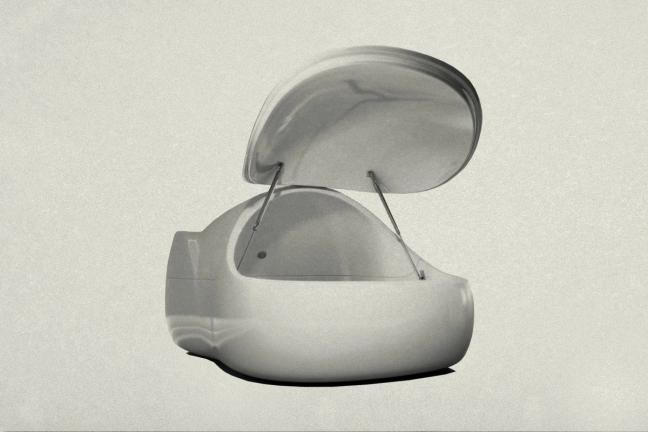
A sensory deprivation tank. What? Stay with us. If you think you’ll find it hard to get started with meditation or breathwork and you’re the kind of guy who’d rather start with a shock to the system, this one’s for you. You’ll be floating in a dark pod filled with buoyant water rich in Epsom salts, akin to that of the Dead Sea.
If you let yourself get enveloped by the unique place — where you’ll struggle to sense where your body ends, and the water begins — it’s a real life-changer. These luxury pods are thought to expand your mind, inspire creativity and bring you into a state of deep relaxation. See for yourself from £55.
Tip #4: Get a massage
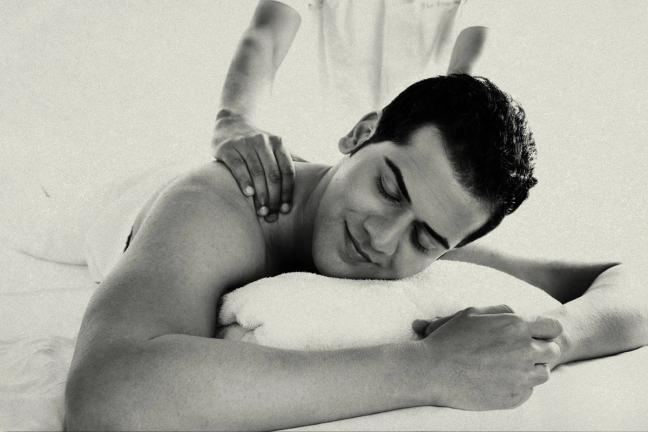
We’ve only just returned to our desks — but is your back already giving you grief? Did that new-year-new-me run leave you reeling for days? Or perhaps you just want to feel relaxed beyond words for no particular reason? Whatever your motivation, a massage will sort you out. It may seem self-indulgent, but it’s one of the best things that you can do for your body and mind!
“You would be surprised by how much tension we hold in our bodies from stress, bad posture, illness or injury, negative thoughts,” says Nikita Wiggins, masseuse and skincare specialist. “Massage can improve skin texture and elasticity, increases blood circulation to the skin, relieves muscle tension and aids relaxation.”
Tip #5: Cold water swimming
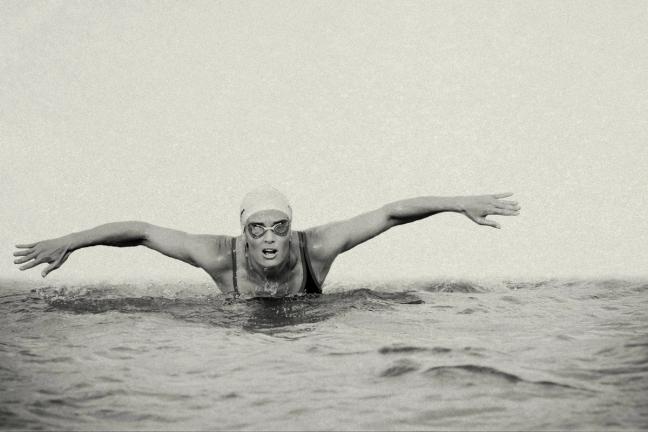
Brave the ice-cold waters and you’ll feel more alive than ever. Whether you go for a quick dip or full-blown swimming, the water will get your heart pumping and give you a healthy dose of adrenaline. Even as little as one to three minutes spent in cold water regularly is bound to improve your immune function, on top of being a generous cardiovascular burnout and helping to promote fat burn.
So why not get together with a group of mates and hit the ponds of London’s Hampstead Heath? Or, if you want to grab some low-hanging fruit, try running the cold tap at the end of your shower. Now how invigorating is that?
Tip #6: Hit the climbing wall
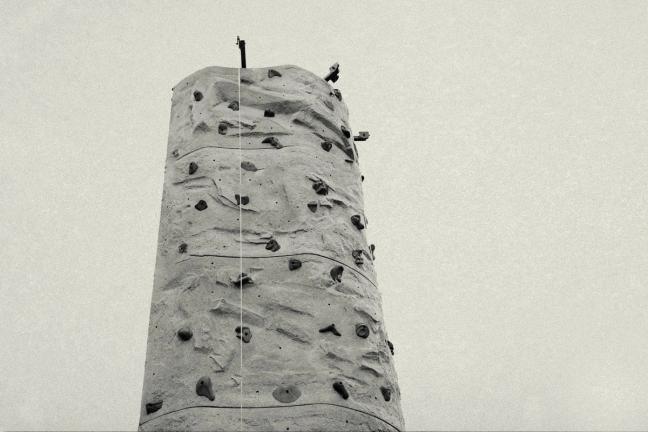
Why not start climbing? What better way to engage your mind and your body than this fun, physically-demanding, intellectually-stimulating and strangely meditative sport? You can choose from bouldering, which involves climbing an under 4.5-meter wall without a rope, or top rope and lead climbing, where you hit those higher altitudes with the help of a rope and a partner.
Climbing will change your life. It’ll make you not only stronger and leaner, but also more confident and more relaxed. If that’s not a killer combo, we don’t know what is! Soon enough you’ll be left craving an outdoor challenge. If you’re based in London, try The Castle Climbing Centre, The Arch or Westway.
Tip #7: Reconnect with nature

Be it pouring rain or glorious sunshine, you’re always better off lacing up and heading out, even if just for a bit. We get it, we’ve all been through three lockdowns, and you’ve probably walked the same routes so many times that they now show up in your dreams. But, chances are that you’ll feel more motivated and rejuvenated if you’ve been out for a walk – even if it’s just to your local green patch.
“Nature is a place in which we can experience deep emotions, such as awe, which can also have a transformative effect,” according to Aura Goldman, lecturer and psychotherapist. Another therapist, Natalie Rossiter, explains that connecting with nature doesn’t necessarily need to be time-consuming. “Make a cup of tea, stand outside for five minutes, and watch the sky change. Or just look at the trees.”
Tip #8: Book a holiday
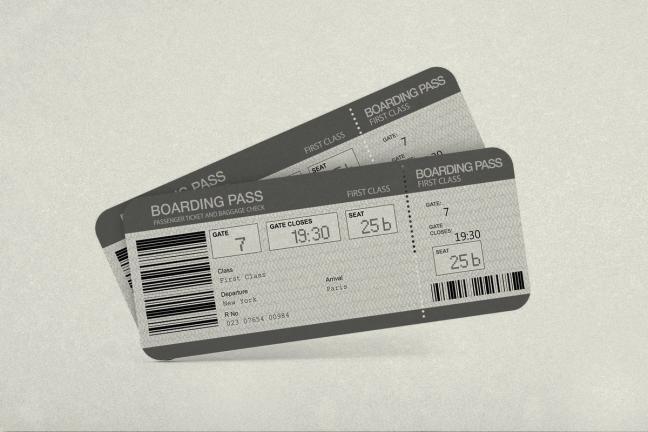
Feeling irritable and not sure why? It could be burnout. I know what you’re thinking; ‘I can’t be burnt out just yet!’. But you’d be surprised how notably family gatherings and New Year’s Eve celebrations can take their toll. Add to that your already overflowing inbox — and a few days off sound even more appealing.
If you don’t fancy faffing with pre- and post-departure COVID tests, why not explore some lovely walking destinations here in the UK? Can’t take a holiday just yet? Go ahead and book one for later in the year. It will give you something to look forward to and will steer you off the highway to burnout.
Tip #9: Improve your sleep hygiene
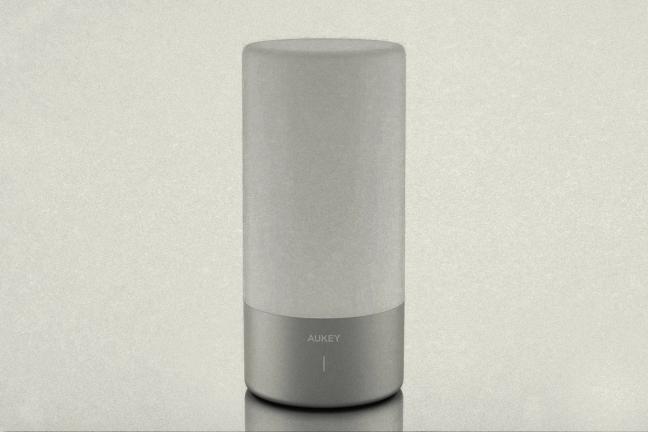
Don’t push this small pleasure in life to the back burner. “Sleep is our innate ability to de-stress, renew our body and mind and process the day’s events. When we become experts at sleeping, it can also be an opportunity for personal and spiritual growth,” says psychiatrist and presenter Dr Chetna Kang.
Sleep allows us to restore immune defence functions, recover after exercise, and improve attention and memory. It even gives us new, creative insights. There’s a lot of research and information out there, but the basic advice is simple and consistent: cut back on caffeine and alcohol, establish a regular sleep schedule, and remove any bedroom distractions.
Tip #10: Get a smartwatch
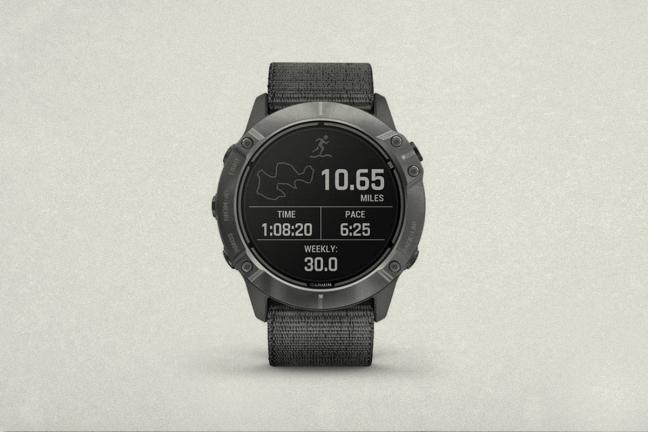
Not sure if you’re getting good-quality sleep? Try tracking your sleep with a smartwatch. Seeing how long you’ve spent in deep sleep or other sleep stages, as well as reflecting on what you’ve done during the day (e.g. screen time late at night), can empower you to make better life decisions.
Smartwatches can also remind you to exercise regularly and help you spot when you’re getting stressed (how has that heart-rate been recently?). With this on your wrist, you should be well equipped to intervene before even the first inklings of burnout.
Tip #11: Limit time spent on social media

Is your phone always buzzing? A lot of our attention and emotional energy goes into our phones and digital devices. That’s not to say that screen time is the root of all evils, but it is likely that social media exposes you to unnecessary social comparisons and clutters your mind with irrelevant information.
The small dopamine hits that we get from the constant yet unpredictable low-key entertainment on social media are not too dissimilar from those we get from a slot machine. It’s seductive and behaviourally addictive. Of course, it has its perks, but if you find it hard to put your phone down, you might want to reconsider your relationship with social media.
Why not start managing your screen time, first by learning how much time you spend on individual apps and then by setting an appropriate limit. See where your mind goes when you’re offline. Although beware; you may notice that you’re more present in the moment.
Tip #12: Get running
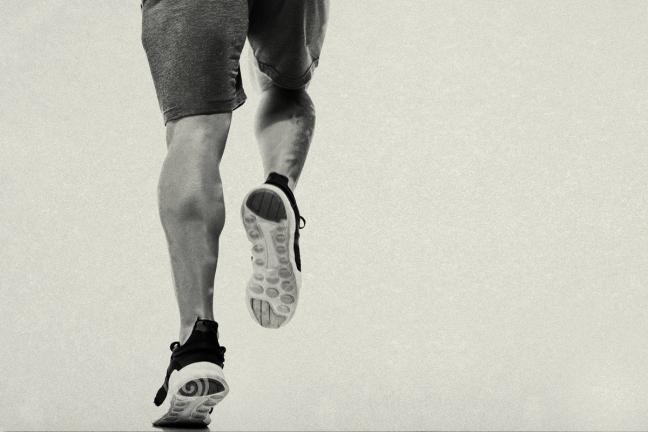
This one’s a classic, for a good reason. We all know about the mental and physical benefits of running. And if you’re not sold yet, why not join a running club? You might meet some like-minded people, too. As we’ve seen already, getting out in nature does us massive favours, so why not combine your next outdoor trip with a run? You can thank us later (even if your calf muscles don’t).
Tip #13: Join a gym
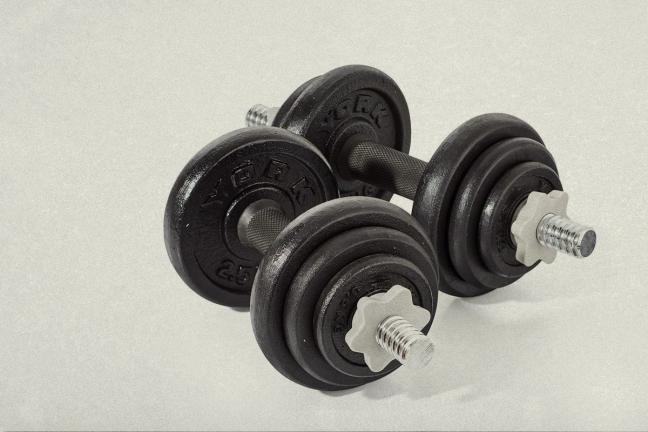
This one never gets old. There’s something exceedingly empowering about sharing your workout pain with others and having a space where you can focus on yourself and your wellbeing. And, with some truly futuristic, fantastic gyms out there, you’ll be spoilt for choice.
“Of all the mindset management practices I’ve explored, physical exercise remains my number one for forging mental strength,” says Cameron Roriston, executive performance coach and former Commando Marine. “It’s a highly-manageable method of stepping outside our comfort zones and proving to ourselves that self-betterment is within our control! That we can directly manipulate our mental state.”
Tip #14: Talk to a coach or a therapist
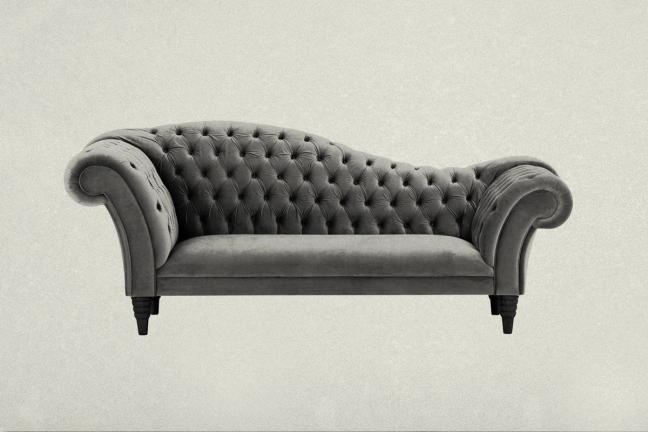
You don’t have to do it all alone. There are professionals who can give you tailored advice and help get your mind in shape. Thoughts and worries running through your head, even in the background, can affect your energy levels and impair your relationships, performance and day-to-day life. Is this the year when you’ll take control of them?
During recent years, we’ve made leaps and bounds in understanding the importance of men’s mental health. If you’re happy to work with a personal trainer to achieve your physical fitness and with a mentor to achieve your career goals, why not work with a coach or therapist to improve your mental fitness?
Augmentive, a mental health and performance platform, provides a free consultation to help you find what support you’d benefit from the most.
Tip #15: Put that pint down
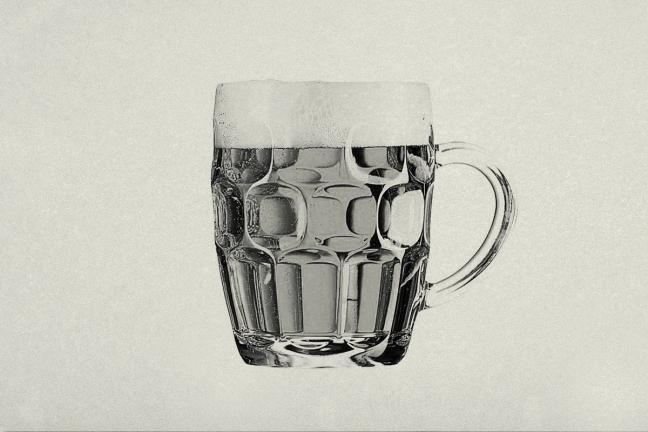
Alcohol is part of the fabric of our society. But, since alcohol is a depressant and, ultimately, a toxic substance to our bodies, it should come as no surprise that long-term moderate drinking can damage our mental and physical health.
If you’ve committed to Dry January, good for you, but if not, we’ll forgive you, as it’s not all or nothing. The NHS recommends drinking less than 14 units of alcohol per week and spreading them over several sessions. So, now that the festive period is over, try replacing some of those pub outings with some of the activities above to reach the same level of fulfilment. You can then reward yourself with a drink afterwards. Just one, though…
Tip #16: Give your gut some love
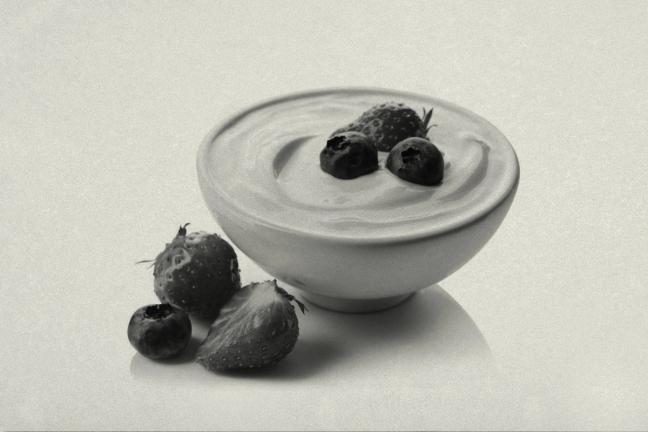
The festive period is a time when we give ourselves more leeway on processed foods. Yes, they’re irresistibly tasty, but if they slip into our day-to-day diet, these small seasonal pleasures can mess with our gut bacteria, which play a key role in both our physical and mental health. Too many sugary desserts can damage your gastrointestinal tract, preventing your gut from absorbing important nutrients, many of which are essential for producing serotonin.
Known as ‘the happiness chemical’, serotonin requires specific nutrients for its synthesis such as vitamin B6 and magnesium. When the gut is dysfunctional and absorption is reduced, these invaluable nutrients are among the first to become scarce, affecting our serotonin production and potentially leading to depression.
“If you suffer from a low mood, changing the microbes via your diet should be a priority,” says nutritionist Michelle McKenzie. “Eating or drinking probiotics, a type of friendly bacteria, could alleviate symptoms of anxiety and depression. So, stock up on that live yoghurt, kefir, kombucha, sauerkraut and sourdough bread.”
Tip #17: Cut down on sugar
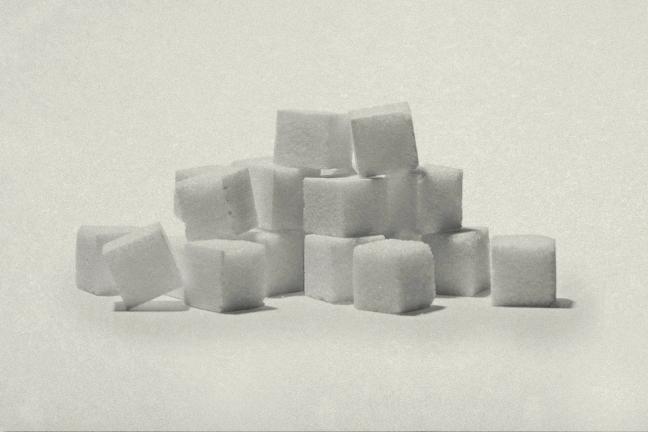
Christmas and New Year’s were a treat. But now it’s time to ease up on that excess sugar. It’s likely that you’re consuming more than you think. Sugar doesn’t only come in processed forms, so be careful not to overlook some undercover culprits in fruits and vegetables, granola bars, salad dressings and crackers.
Of course, the solution is not to cut down on fruit and veg — but rather to be mindful of your overall sugar intake. You may find it hard as sugar is an addictive substance, so it’s always best to start small. Junior doctor and co-founder of Nutritank, Ally Jaffee says that, “it’s not about demonising and restricting food groups, it’s about informed food choices based on the right education.” Try these tips to get started:
- Swap high-sugar drinks for water, sparkling water or herbal teas.
- Eat plain unsweetened yoghurt without added sugar.
- Up your vitamin game by eating vegetable sticks with hummus.
- Try to have fewer spoons of sugar in your tea and coffee.
Tip #18: Establish a healthy breakfast routine
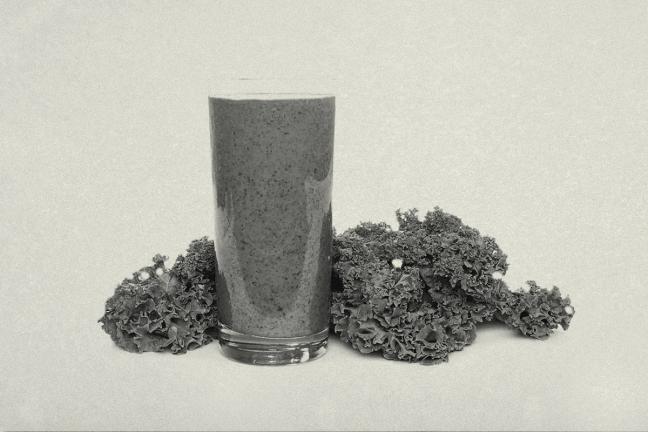
There’s a great sense of satisfaction knowing that you’re starting the day the right way, as well as ticking off some of those five a day. Even the worst days will be a million times better if you start with a bowl of oats and some fruit. Throw in some flax seeds and some nuts too.
Or follow nutritionist Michelle McKenzie’s advice: “A great way to start the day is with a gut-loving smoothie that contains kefir (probiotics), prebiotic fibre, low sugar fruits such as blueberries, a couple of antioxidant-rich brazil nuts, some omega 3-rich chia seeds and flax seeds, and a handful of your favourite greens.”
Tip #19: Balance your immune system
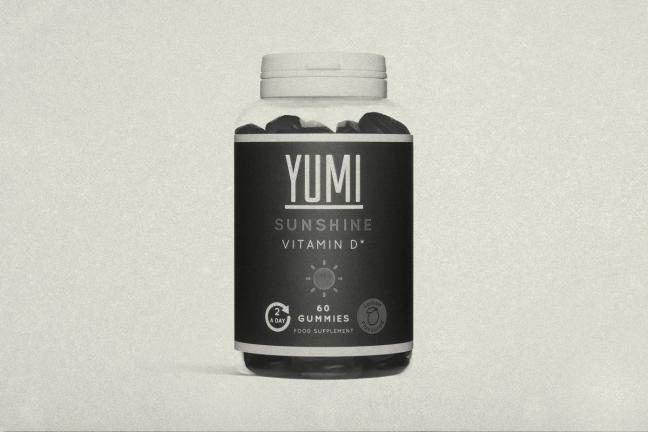
Before you rush out to the chemist, this doesn’t necessarily mean pumping yourself full of extra vitamins. An overactive immune system can turn against you and lead to autoimmune disorders, as your body will stop noticing the difference between your healthy cells and actual invaders.
That said, an underactive immune system can raise the risk of infection. Which brings us back to our gut; the font of all wellness. Cells found in the lining of the gut release antibodies into the bloodstream. So keep your gut healthy and your immune system will also benefit. And, during these colder months, you might want to give your immune system an extra hand. Take a blood test and check your vitamin D levels, then you’ll find out whether a supplement or two could come in handy.
Tip #20: Start a creative hobby

Whether you consider yourself a creative person or not, it doesn’t matter. Allow those creative juices to flow non-judgmentally and you’ll start seeing wonderful benefits. A recent research study has shown that referring people who are experiencing psychological or physical distress to engage with arts in the community resulted in a 37% drop in GP consultation rates and a 27% drop in hospital admissions.
Visual arts, music, creative writing or theatre – take your pick and you’ll soon be reaching that state of flow that leads to happiness! Join a class or work one-to-one with a specialist. Your newly-found interest may lead to some new investments too…
Tip #21: Try this quick hack to de-stress
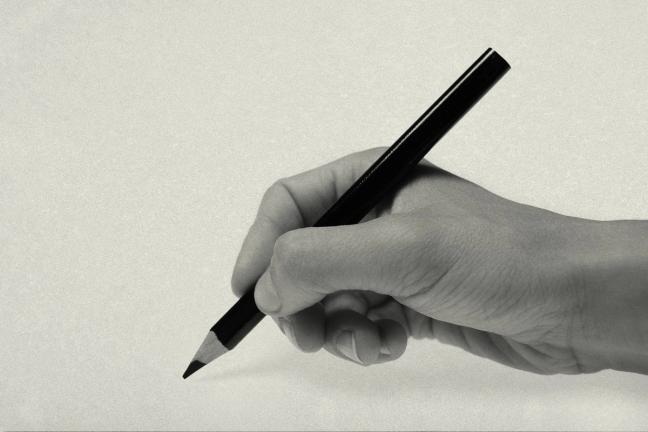
Therapist and co-founder of wellbeing platform Augmentive, Sarah Norman, has a top tip for getting your mind back on track: “When working with clients, I sometimes suggest that they create a calming script in order to distract the mind from unhelpful cyclical thoughts. The script can be just a few words long, or one or two sentences.
“For example,” she adds, “if you’re an anxious person, perhaps you’ve identified that you’re carrying quite a lot of fear around with you. If you suffer with loneliness and isolation, perhaps you’ve lost sight of the fact that you’re loved. If you have financial worries, perhaps you fear being cold and helpless. In this case, you may choose a script along the lines of: ‘I am safe, I am loved and I am warm’. It can be helpful to repeat this in situations where you can feel out of control.”
Tip #22: Re-calibrate your New Year’s Resolutions
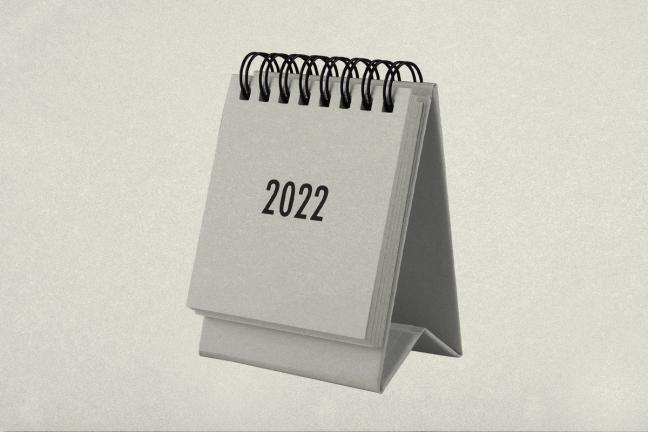
We all want to look better, feel better, achieve more and have better relationships. But your expectations and social comparisons can actually get in the way of you achieving success and fulfilment. Just think; are your expectations realistic and well suited for you? Or could they do with some tweaking?
Make sure to celebrate your small achievements and let go of unhealthy social comparisons. And remember to set aside time for rest. If you actively allocate time to winding down, it will ensure that when you do come to rest, you’re both guilt and distraction-free. Rome wasn’t built in a day and, whatever your goals, your future won’t be either.
Want more insights into the year ahead? Here are Gentleman’s Journal’s top tech predictions for 2022…
Become a Gentleman’s Journal member. Find out more here.

Become a Gentleman’s Journal Member?
Like the Gentleman’s Journal? Why not join the Clubhouse, a special kind of private club where members receive offers and experiences from hand-picked, premium brands. You will also receive invites to exclusive events, the quarterly print magazine delivered directly to your door and your own membership card.


